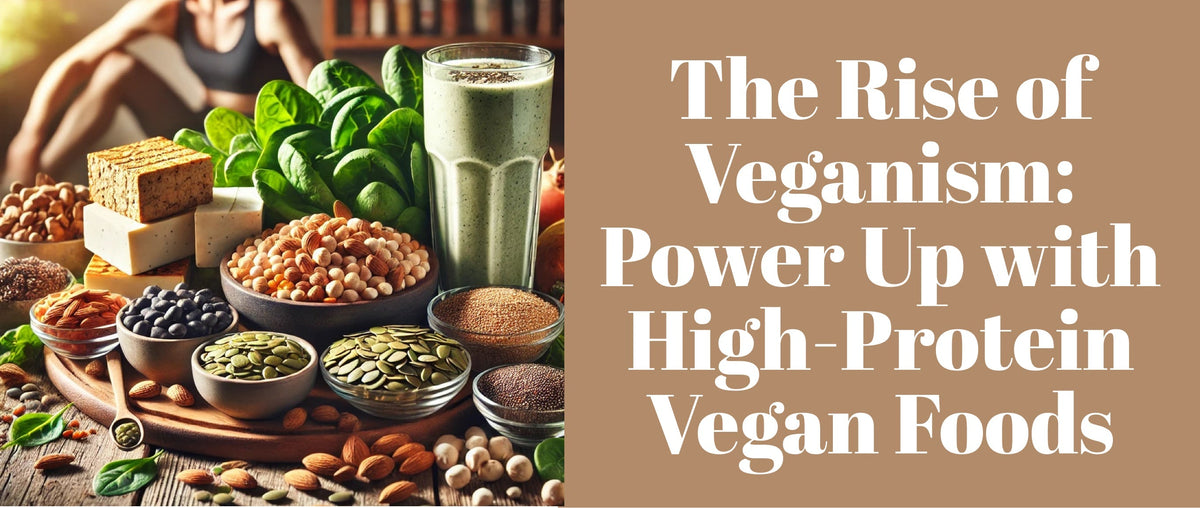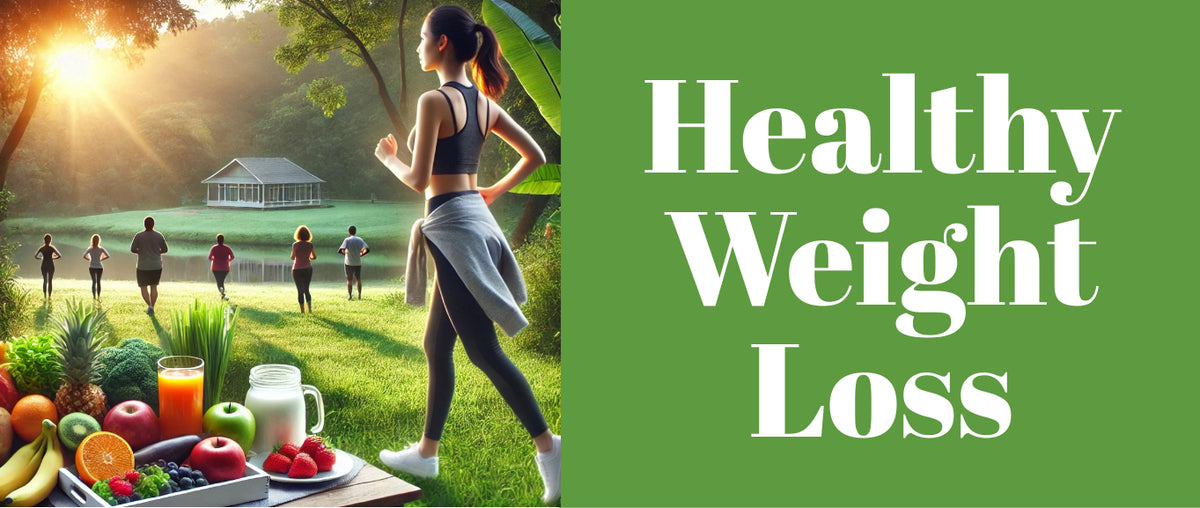The Rise of Veganism: Boost Strength with High-Protein Vegan Foods!
Over the past decade, veganism has witnessed a meteoric rise. From fitness enthusiasts to professional athletes, more people are embracing plant-based lifestyles for their health, environmental benefits, and ethical principles.
For active individuals, protein is essential for muscle recovery, energy, and endurance. Contrary to popular belief, a vegan diet offers ample high-protein foods to meet these needs, while also being cholesterol-free and nutrient-dense.
Key Takeaways
- Health awareness: Reduced risk of chronic illnesses.
- Ethical reasons: Avoidance of animal exploitation.
- Environmental impact: Lower carbon footprint.
Brands like Grabenord are leading the charge, offering dairy-free and plant-based cheese, such as the best mozzarella cheese for pizza, vegan butter, and cashew butter, to make veganism accessible and enjoyable.

Understanding Protein Needs for Active Individuals
Why Protein Matters
- Muscle repair and growth.
- Supporting immune function.
- Maintaining energy levels during workouts.
Protein Needs
Active individuals require 1.2–2.0 grams of protein per kilogram of body weight daily. This is easily achievable with high-protein vegan foods like lentils, quinoa, and plant-based cheese.
High-Protein Vegan Foods for Active Lifestyles
1. Legumes and Pulses
- Lentils, chickpeas, and black beans provide up to 18g of protein per cooked cup.
- They're versatile and perfect for soups, salads, or curries.
2. Soy Products
- Tofu, tempeh, and edamame are rich in protein and amino acids.
- They are also excellent substitutes for mozzarella cheese block in vegan recipes.
3. Whole Grains
- Quinoa, farro, and oats contain 8–9g of protein per cup.
- Pairing oatmeal with cashew butter makes a nutritious breakfast for athletes.
4. Nuts, Seeds, and Butters
- Almonds, chia seeds, and unsalted butter alternatives like fat-free butter are great protein sources.
5. Plant-Based Protein Powders
- Pea, hemp, and rice proteins are convenient post-workout options.
- Combine them with oat milk for a nutrient-packed shake.
Benefits of High-Protein Vegan Foods
1. Muscle Recovery and Growth
Plant-based proteins, especially those in unprocessed cheese and legumes, are rich in essential amino acids that support post-exercise recovery.
2. Energy and Endurance
Foods like quinoa and beans provide slow-digesting carbs and protein, ensuring sustained energy. Pair them with kombucha or an apple cider vinegar drink for added benefits.
3. Reduced Inflammation
Unlike animal-based proteins, plant-based foods are anti-inflammatory, aiding quicker recovery.
4. Digestive Health
The fiber in legumes and whole grains supports gut health and improves digestion.
Planning a High-Protein Vegan Diet
Balanced Meal Strategies
- Incorporate a mix of proteins, carbs, and healthy fats in every meal.
- Use vegan cheese and vegan butter to enhance taste without sacrificing nutrition.
Sample Meal Plan
- Breakfast: Oatmeal with chia seeds, topped with cashew butter.
- Lunch: Quinoa salad with chickpeas and fresh mozzarella.
- Snack: Almonds with garlic butter spread on crackers.
- Dinner: Stir-fried tofu with brown rice and steamed veggies.
Success Stories of Vegan Athletes
Top athletes have transitioned to plant-based diets and experienced performance improvements. These individuals thrive on cholesterol-free foods, proving that plant-based proteins can sustain even the most demanding lifestyles.
Conclusion
The vegan diet offers a wealth of high-protein options to fuel active individuals. From plant-based cheese to legumes and grains, there's no shortage of delicious and nutritious choices.
By embracing vegan products, you can achieve your fitness goals while contributing to a healthier planet.
Do you enjoy vegan food? We have a list of vegan restaurants in India to help you find delicious options in your area!










